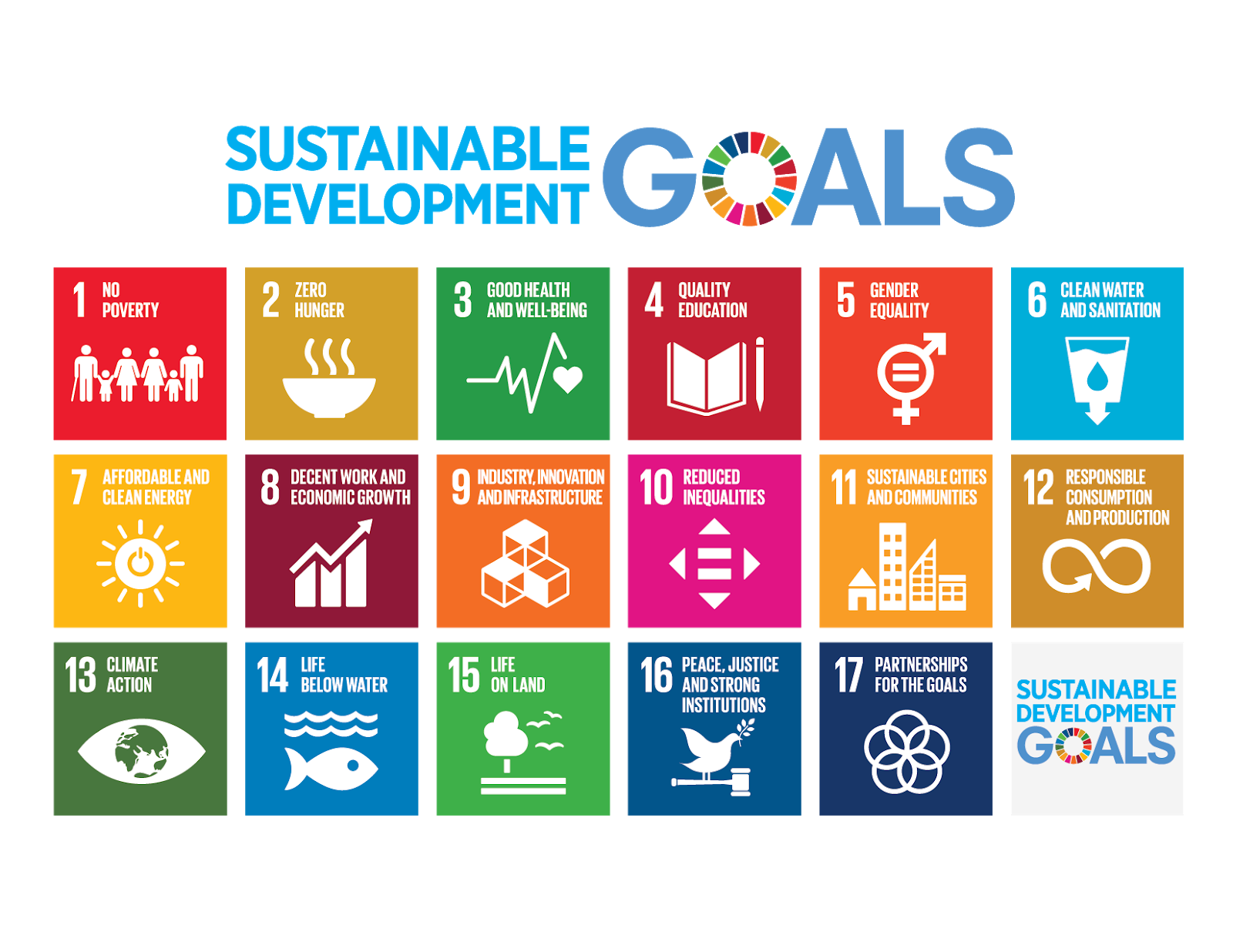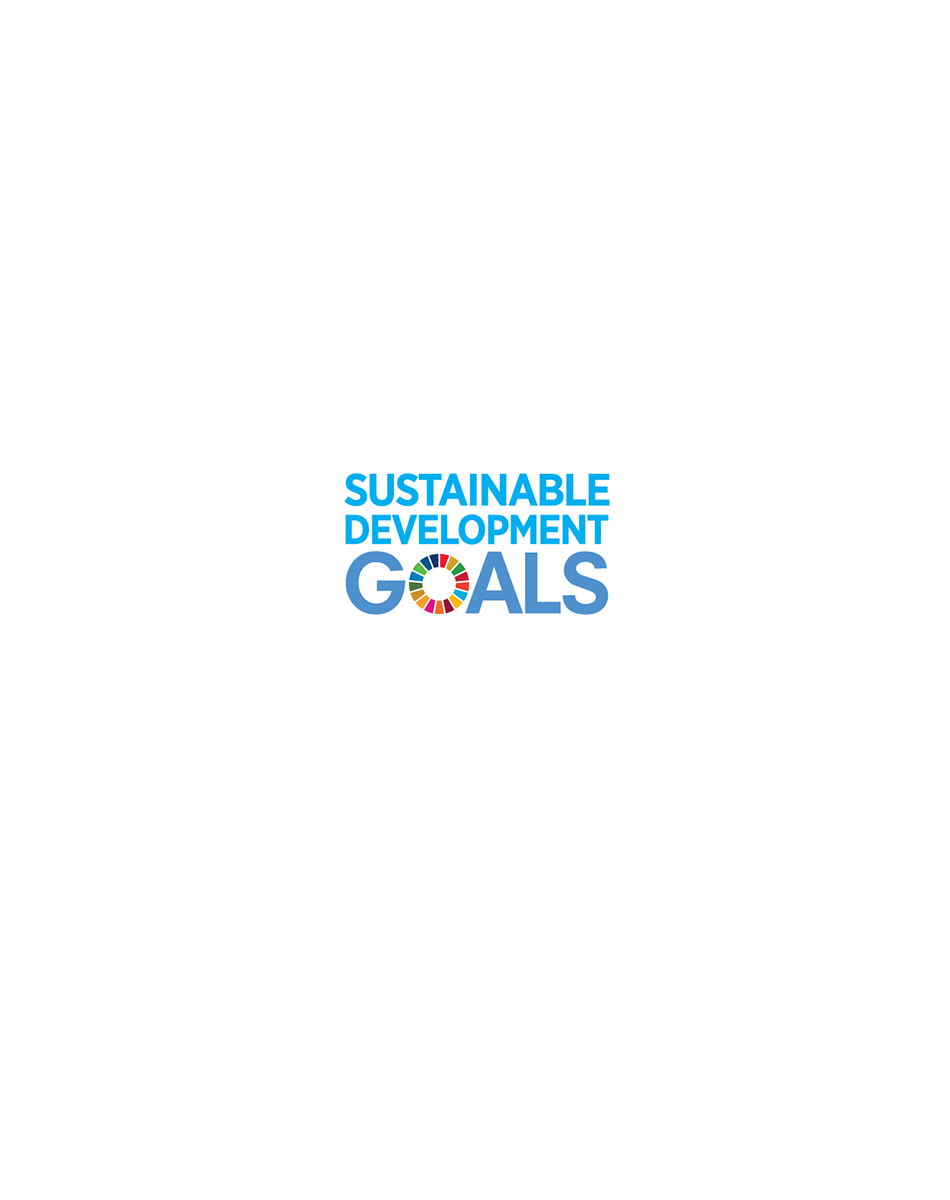Aligning with the UN’s Sustainable Development Goals
ICL supports the Sustainable Development Goals and was among the first companies to incorporate SDGs in defining its material issues and reporting on its sustainability-related activities. \
In 2015 the United Nations updated its Millennium Goals to define a set of 17 Sustainable Development Goals (SDGs) to be shared by communities globally. In addition to the challenges related to the planetary boundaries, the SDGs include social challenges ranging from poverty to education and economic prosperity. The SDGs are intended to enable nations and corporations alike to identify common purposes and opportunities for action.
Our core commitment at ICL – to provide certain essential needs to humanity – is well aligned with a number of the UN’s Sustainable Development Goals. We are also deeply committed to identifying the technologies, products and processes that ensure that we do not exceed, as a society, environmental boundaries, while recognizing that this is an especially formidable challenge in the chemicals and mining industries in which ICL operates.

In past reports published since the launch of the SDGs initiative, we highlighted programs and activities that ICL launched to address the SDGs that emerged as the most significant elements in our materiality analysis. This year, we expanded the internal discussion surrounding the SDGs to include executives well beyond those dealing with sustainability on a regular basis and explored how SDGs can inform ICL’s strategic perspective. The feedback we received from the Senior Leadership Forum, is included for the first time in our Materiality Analysis.
The SDG that emerged as the most significant is directly connected to our core business – Zero Hunger. It was followed by Good Health and Decent Work and Economic Growth. We also found that many of our executives see a direct connection between hunger and poverty. These are the main SDG that our Leadership Forum Mapped – there were others mentions such as Affordable and Clean Energy. We will continue to follow how ICL is aligning with the Sustainable Development Goals.



